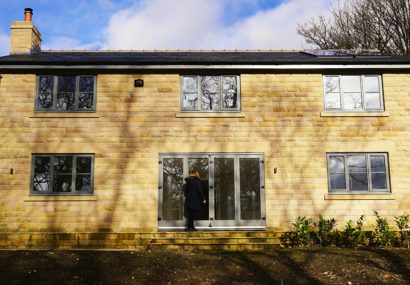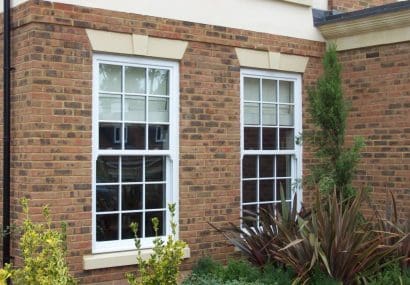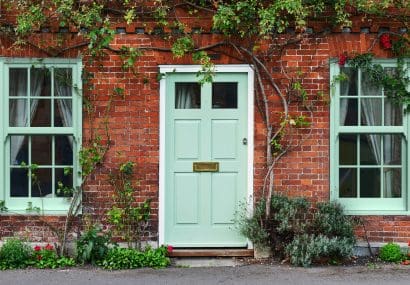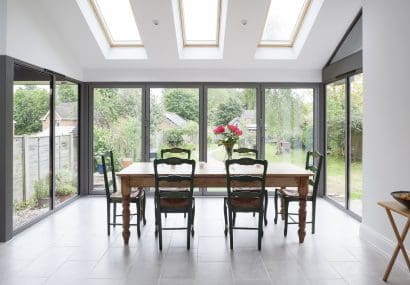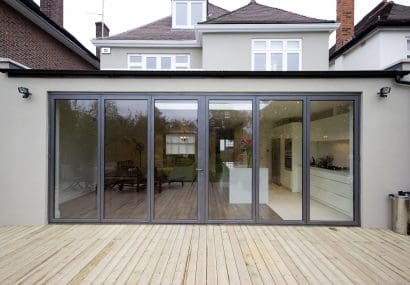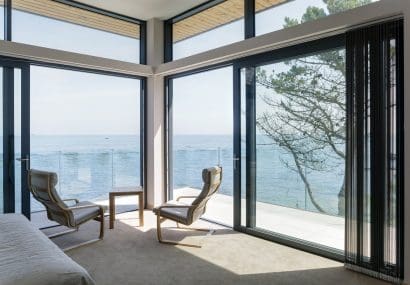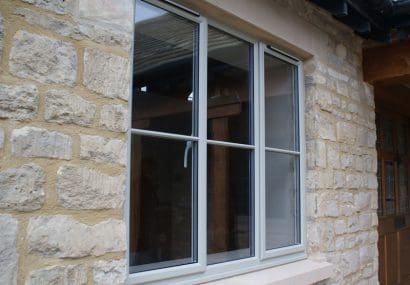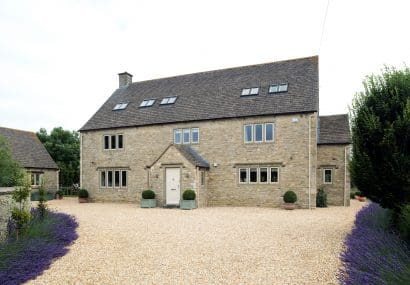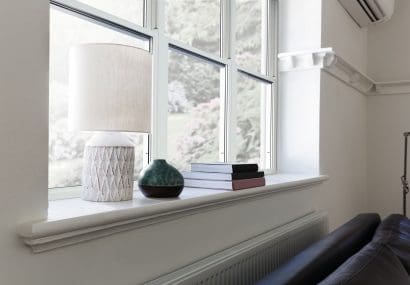Trickle vents in windows – what is the law and how does it affect new projects?
Posted: 20th November 2023
In June 2022, a new Approved Document F, which covers ventilation in buildings, came into force. The regulations mean that, in most cases, trickle vents in windows will be needed.
There was a grace period on the need to comply with the new regulations. If your project had received approval before 15 June 2022, you had until 15 June 2023 to start the work and comply with the previous set of standards.
The grace period has now ended. The new regulations now apply to all projects that started after 15 June 2023, no matter when they received approval.
What does the new Part F of building regulations say about trickle vents in windows?
The regulations say: “There shall be adequate means of ventilation provided for people in the building.”
The aim is to protect the health of a building’s occupants by providing adequate ventilation. Without adequate ventilation, mould and internal air pollution might become hazardous to health.
A full explanation of the regulations and when and where they apply is given in the Approved Document. However, here is a brief overview.
According to the regulations, ventilation relies on a combination of all of the following:
- Extract ventilation: the removal of air directly from an internal space or spaces to the outside. Extract ventilation may be by natural means or by mechanical means (e.g. by an extract fan or a central system).
- Whole dwelling ventilation: nominally continuous ventilation of rooms or spaces at a relatively low rate to dilute and remove pollutants and water vapour not removed by extract ventilation, purge ventilation or infiltration, as well as to supply outdoor air into the dwelling.
- Purge ventilation: the manually controlled ventilation of rooms or spaces at a relatively high rate to rapidly dilute pollutants and/or disperse water vapour. Purge ventilation may be provided by natural means (e.g. an openable window) or mechanical means (e.g. a fan).
Trickle vents in windows fall into the category of whole dwelling ventilation. They are classed as background ventilators, a small ventilation opening designed to provide controllable whole dwelling ventilation.
How big do trickle vents in windows need to be?
The minimum whole dwelling ventilation rate for the supply of air to the habitable rooms in a dwelling should meet:
- a minimum rate of 0.3 litres per second per metre2 of internal floor area
and
- a minimum rate determined by the number of bedrooms.
The Approved Document gives background ventilator sizes for the whole dwelling in common situations to help designers comply with the regulations.
The sizes are given as an equivalent area in mm2, not as a free area. BS EN 13141-1 includes a method of measuring the equivalent area of background ventilator openings.
Note that background ventilators should have the equivalent area marked on them where it will be easy to see from inside the dwelling when they are installed, to aid verification by building control bodies.
Mercury Glazing has you covered when it comes to trickle vents in windows
It’s useful to have an understanding of Part F of Building Regulations and the use of trickle vents in windows.
At the same time, you should also feel confident in your fabrication partner’s expertise and ability to help you navigate the requirements for trickle vents in windows.
Here at Mercury Glazing, we’re with you every step of the way from consultation to installation. We’re always happy to advise you on technical specifications and regulatory requirements to help ensure your projects comply with the requirements.
We work with commercial contractors, builders, specifiers and installers to deliver resilient, high-quality, compliant windows, doors and screening products for commercial, new build, residential and refurbishment projects. To discuss your requirements for your next project, get in touch today.
Back to news